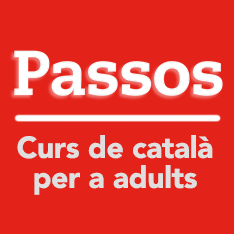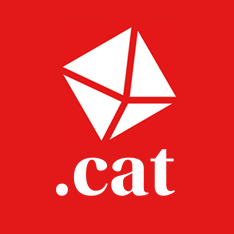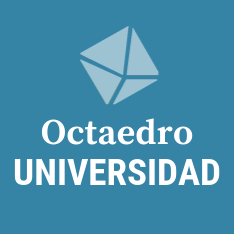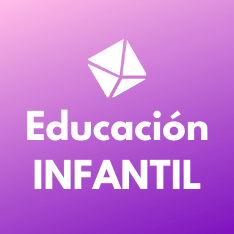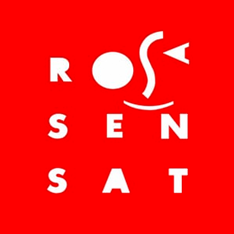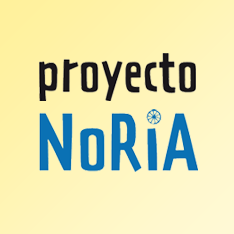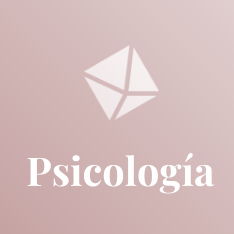COMPLETE BOOK: Trends and Good Practices in Research and Teaching
CHAPTER 3
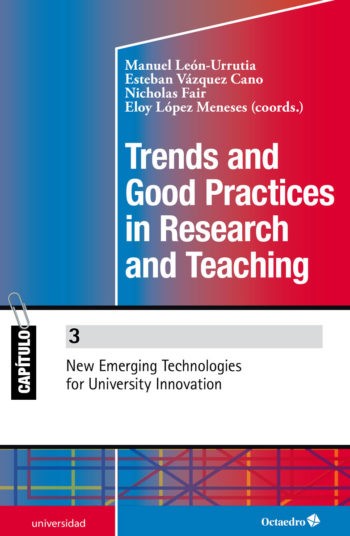
Date of publication:
Technical sheet:
DOI: https://doi.org/10.36006/16184-03
Title of the book: Trends and Good Practices in Research and Teaching
URL of the book: https://wizardly-davinci.82-223-8-23.plesk.page/libro/trends-and-good-practices-in-research-and-teaching/
ISBN:
DOI of the book: https://doi.org/10.36006/16184
New Emerging Technologies for University Innovation
AVAILABLE FORMATS
|
|
Abstract
The present study has been carried out under the umbrella of a wider Spanish research project “Augmented Reality to enhance the development, design, production and evaluation of AR aided HE training programmes” (EdU-5746-P–Proyecto RAfodIUn). This immersive educational experience was conducted through a seminar about emergent technologies, the aims of which were 1) Raise awareness of new AR applications in educational settings, as well as their pedagogical potential applications, 2) generate proactive attitudes of students towards AR, and 3) develop students’ competencies around the pedagogical applications of AR. The results show that, among a set of AR applications, Quiver and Zookazam were the most attractive and motivational for educational purposes, while other applications such as Anatomy 4D were not so suited for this purpose, despite being a highly powerful application in the field of healthcare.
Autores
How to cite
Blas Padilla, D., Cabero Almenara, J., Vázquez Cano, E., López Meneses, E. (2019). New Emerging Technologies for University Innovation. En León-Urrutia, M., Vázquez Cano, E., Fair, N., López Meneses, E. (coords.) Trends and Good Practices in Research and Teaching. A Spanish-English Collaboration. Barcelona: Octaedro. https://doi.org/xxxxxxx-16184-03
Bibliographical references
